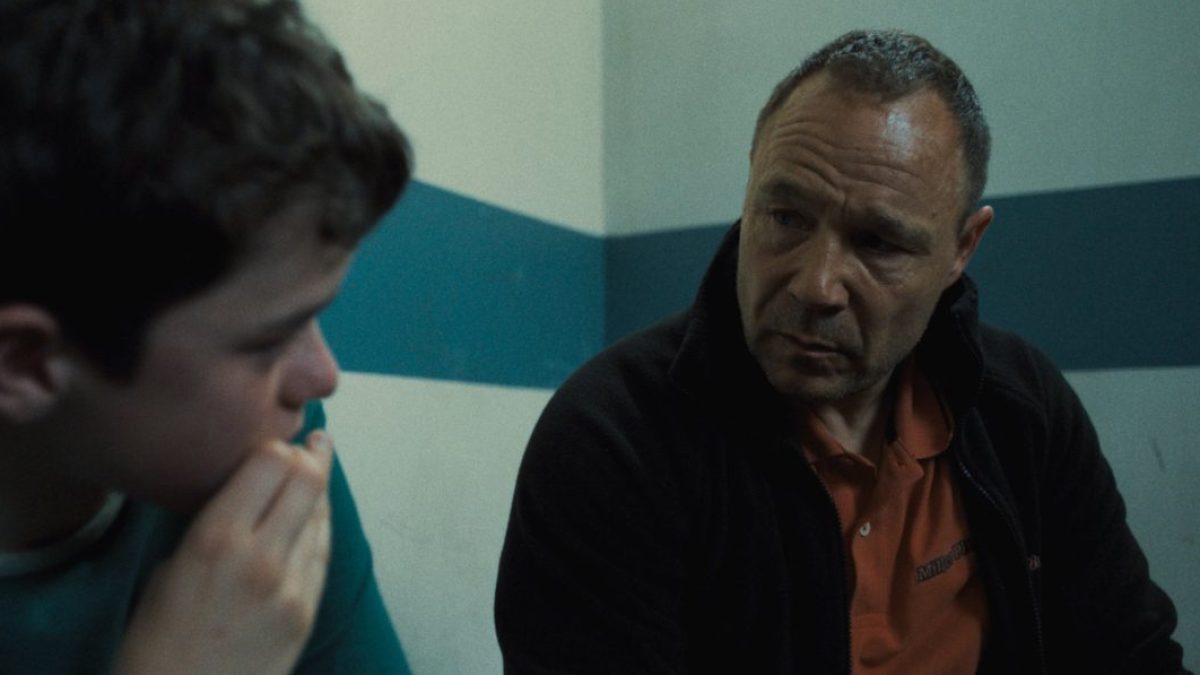The overwhelming feeling I had after watching the Netflix series Adolescence, the compelling story of a 13-year-old boy charged with the murder of a girl from his school, was one of unsettling ignorance.
I’d been vaguely aware of the term “incel” (a portmanteau word that means involuntary celibate), but I couldn’t have told you anything about its usage, the culture that surrounds it, and the way it is indicative of some of the most harmful aspects of social media.
Adolescence is a haunting, disturbing, evocative tale whose broad theme is the way in which young boys have become isolated from society, and how they look to the online world for a sense of meaning and belonging. Some are lost to the most malign of influences, and, as is the case here, find violent expression for their disassociation and rage.
The parents of the boy charged with murder (who are portrayed as victims of his crime, too) convey, similarly, a sense of bewilderment of the world their son inhabited. They talk, almost fondly, about buying him a computer and how his bedroom light was still on in the early hours, but they reveal a lack of interest in, or at least knowledge of, what he was actually doing online. How that must have resonated chillingly with well-meaning parents up and down the land.
Even the officer investigating the murder had to have the messages on the boy’s Instagram feed explained to him by his own teenaged son. The red pill emoji (denoting an incel); the dynamite exploding emoji (the sex that is denied incels); the 80/20 “rule” (that 80 per cent of women are attracted to 20 per cent of men); the “manosphere” (the larger grouping which includes incels but which promotes misogynistic views). This world has a language all of its own, and meanings known only to its followers, used to bully and marginalise others.
“The Andrew Tate shite,” is how one police officer described this lexicon, the only direct reference to the online realm’s chief influencer, who deals in misogyny and hate. It turned out that the boy had been taunted online by his victim – “you’ll always be a virgin” is how the messages are interpreted – and the grainy CCTV footage which captures the crime shows the terrifying consequences of his alienation.
Stephen Graham (who co-wrote, and starred in, Adolescence) says he was propelled to create the series when he read a newspaper report about a young boy who had stabbed a girl to death. Three weeks later, he saw a news item in which a similar murder had taken place. “I just thought: what’s going on in society where this kind of thing is becoming a regular occurrence? I just couldn’t fathom it,” he said. “So I wanted to really have a look and try and shine a light on this particular thing.”
Neither polemicised nor sententious, Adolescence is an extraordinary piece of work, for which Graham has deservedly won acclaim. Four hour-long episodes, each shot by one camera and in one take, its uncompromisingly naturalistic approach takes us into dimensions of which most of us have no experience or understanding.
The final scene is shot in the accused boy’s bedroom, his parents not quite comprehending how and why this has happened to their son, and to them. And that’s the abiding feeling I was left with. We adults are out of our depth. I never really knew what the “manosphere” represented, still less its subculture of incels and anti-feminism, and this acted as a jolt to my senses.
If Adolescence tells us one thing, it is that we cannot leave the wilder shores of the internet unpoliced because we run the risk of harming a whole generation of youngsters. And we can’t look to the instruments of state to do the job for us.
Parents must find a way to take responsibility themselves. I know of not one parent who opposes the restriction on smartphones in schools, yet they are the ones who make sure their children have smartphones, fearful they may be analogue outliers, and teased as such. Of course, we can never be sure exactly what content our children are consuming online, but ignoring the negative impact of social media is no longer an option.
The opening scene of Adolescence shows the police battering down the door of the accused boy’s family home at dawn. For the parents watching, it was, equally, an uncomfortable wake-up call.

